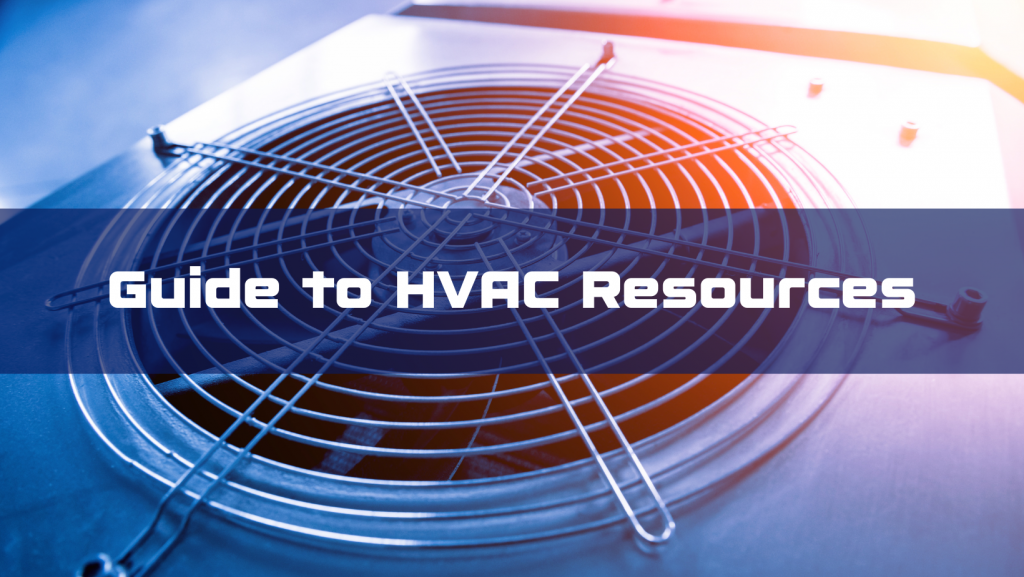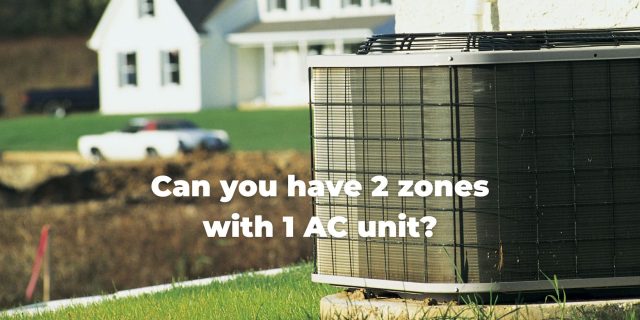
Guide to HVAC Resources

So you’ve made the first step – it’s time to address the comfort of your home. Maybe your current system isn’t working as well as it should. Perhaps you’re tired of the living room being warmer or colder than the bedroom. All. The. Time. Or maybe you’re finally ready for a new system and were looking at zoning as a solution. We happen to think zoning is a great solution, but we’re biased.
And as you’ve probably seen, there’s a lot of biased information out there. Search results seem to be clogged with ads. One search, and suddenly your newsfeed is filled with expert advice and “click now” offers.
So how do you sort things out? While they can’t afford digital ad campaigns, many trade organizations, nonprofits, and government agencies have valuable and unbiased information that can help you make the right decision. Here’s our guide to HVAC resources that you may find helpful as you research your options.
- Energy Star – An excellent starting point. Energy use ratings, rebate finders, tax credit calculators, advice and more. We especially like their Guide to Saving Energy at Home.
- Energy.gov – The US Department of Energy website and an excellent resource. Learn about the latest government programs, advances in efficiency standards, and even recommended thermostat settings, a part of the Energy Saver section.
- ASHRAE – The American Society of Heating, Refrigeration, and Air-Conditioning Engineers, this global society seeks to set standards, accreditation, and more guidelines for the HVAC industry. Primarily aimed at professionals and engineers, knowing that whatever partner you choose for your solution is associated with ASHRAE can be crucial.
- ACCA – The Air Conditioning Contractors of America, a trade organization dedicated to setting professional standards for HVAC professionals. Their Homeowner Resource page is invaluable in helping you prepare and select a contractor partner.
- NATE – North American Technical Excellence is to HVAC Technicians what ASE is to Automotive Techs. Their Homeowner page has savings calculators, definitions, technician locator, and much more.
-
myhomecomfort.com – the homeowner-centered site run by the National Comfort Institute, or NCI. Comfort, Safety, Energy and Health sections let you research and learn or find a certified tech.
- DIY Shows – This can seem like a great first step; after all, you’ve been watching them for years. But keep in mind that most shows, or the networks they air on, have sponsorship deals and may be passing along marketing material as best practices. If you want to do some research in this area, This Old House, the granddaddy of home improvement shows, does an excellent job of keeping to impartial advice.
- YouTube – Just like with DIY shows, it’s essential to go in aware of where your content is coming from and who may be paying for it. Look for #Sponsored as a start, and check the description for any links that may show a bias. We like Word of Advice TV, which has a lot of great videos, including All AC Parts and What They Do.
Impartial advice can not only help you determine what type of system or upgrade may be suitable for your home, but lead you to a certified contractor, help you calculate energy savings, and much more. If that leads you to consider zoning as a solution, we hope you’ll consider Arzel, and of course, don’t just take our word for it; check out our Google reviews!
Topics
- Energy Efficiency (17)
- Homeowner Tips (20)
- HVAC Zoning (25)
- Indoor Air Quality (2)
- Indoor Comfort (33)
- Uneven Temperatures (5)
Recent Posts
View AllYour heating and cooling system should create a comfortable home environment that you can depend on. Sometimes a standard HVAC system just doesn’t cut it. That’s where Arzel Comfort comes in. Our zoning systems work with your existing HVAC equipment to give you better comfort and control. But we go beyond just comfort. Homeowners trust […]
Everybody needs to heat and cool their home, and no one likes to pay for it. Even so, most of us are wasting energy to make our homes comfortable. This guide to HVAC zoning will show you how to avoid this pitfall. At the same time, you’ll get better comfort in your home. Imagine lower […]
Creating Multiple Comfort Zones with One AC Unit Can you have two zones with one AC unit? The answer is a resounding yes. With HVAC zoning, you can transform your home into multiple comfort zones, each tailored to your preferences. Instead of relying on a single thermostat to control the entire house, HVAC zoning uses […]
If you’re like most homeowners, you probably look for ways to save money on energy costs. Does HVAC zoning save money? We’ll explore that question here, so you’ll know what to expect if you decide to install HVAC zoning in your home. What Is HVAC Zoning? Let’s start with the basics. When you add zoning […]



